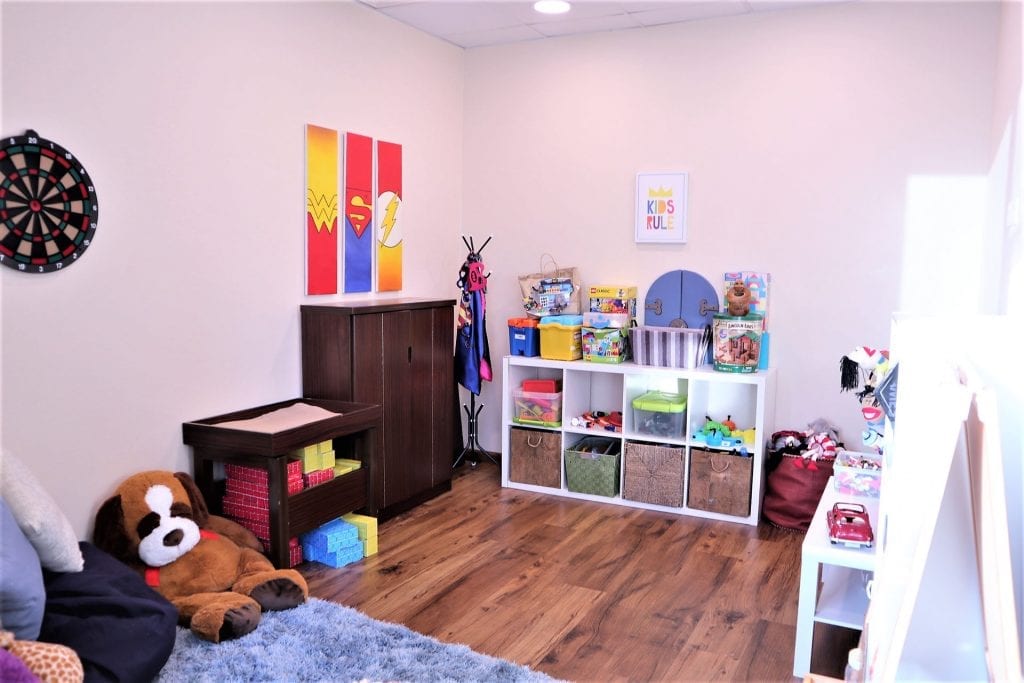Abuse Assessments for Children
What Is a Child Abuse Assessment?
A child abuse assessment is a specialized, trauma-informed evaluation designed to determine the likelihood of exposure to emotional, physical, or sexual abuse or neglect. It also helps determine and understand the emotional, behavioral, and psychological impact of the suspected or confirmed abuse.
Who Should Consider a Child Abuse Assessment?
This type of assessment is critical for:
- Parents concerned about behavioral or emotional changes in their child
- Parents or teachers suspecting abuse has or is occuring.
- Teachers, pediatricians, or therapists noticing warning signs of trauma
When to Seek an Evaluation: Warning Signs of Abuse in Children
Physical or Emotional Changes:
- Sudden withdrawal, aggression, clinginess, or regression
- Anxiety, sleep disturbances, difficulty concentrating, nightmares, or self-harming behavior
Signs of Sexual Abuse in Children:
- Sexual behavior that is inappropriate for the child’s age
- Bedwetting or soiling the bed, if the child has already outgrown these behaviors
- Not wanting to be left alone with certain people or being afraid to be away from primary caregivers, especially if this is a new behavior
- Tries to avoid removing clothing to change or bathe
- Excessive talk about or knowledge of sexual topics
- Resuming behaviors that they had grown out of, such as thumb sucking
- Nightmares or fear of being alone at night
- Excessive worry or fearfulness
Exposure to Domestic Violence:
- Witnessing violence—even without direct abuse—can affect emotional and psychological development.

Why a Professional Trauma Evaluation Matters
An evaluation is important to help families understand what may have happened to their child, to determine the psychological impact.
Without proper intervention, children who have been abused, especially those who’ve experienced sexual trauma, may suffer long-term consequences such as PTSD, depression, anxiety, trust issues, or developmental delays. A psychological assessment helps validate their experiences, support their healing, and provide clarity for caregivers and legal professionals.
What Happens During a Child Abuse Assessment?
Our process is designed to be child-centered, trauma-sensitive, and collaborative. It may include:
- Structured Individual Interviews with the child and with the caregivers.
- Behavioral Observations to understand emotional expression, responses to stimuli, and coping strategies
- Standardized Trauma Assessment Tools, including:
- Lyon and Saywitz Truth /Lie Tasks for Young Children
- Behavioral Assessment System for Children, Third Edition (BASC-3)
- Child Sexual Behavior Inventory (CSBI)
- Trauma Symptom Checklist for Children (TSCC)
- Play-Based and Developmentally Appropriate Techniques
- Collateral Information Review from schools, doctors, or child protection agencies
What Families Can Expect from the Process
- A Safe, Non-Judgmental Environment: Your child’s comfort and trust are our top priorities
- Professional Clarity: Insight into whether trauma occurred, how it’s affecting your child, and what steps to take next
- Healing Resources: Referrals to child therapists, trauma-focused treatment, and support for children.
Taking action isn’t easy, but it’s important
It’s not always easy to identify child abuse, especially sexual abuse. If a child tells you that someone makes them uncomfortable, even if they can’t tell you anything specific, listen. Even though an abuse assessment is not 100% conclusive, given the limited nature of children’s ability to recall facts, talking to a trained professional is very important to give you guidance on how to proceed in order to protect your child.
Frequently Asked Questions
We assess for physical, emotional, sexual abuse, neglect, and exposure to domestic violence.
Our Safe Space











